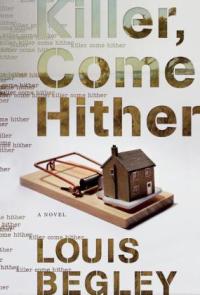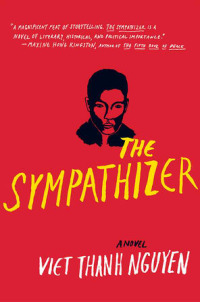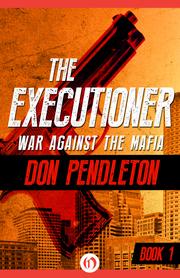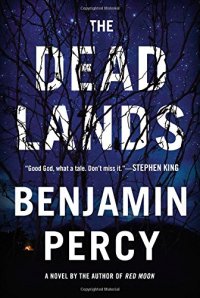Shadow Ritual by Eric Giacometti and Jacques Ravenne
 Friday, June 12, 2015 at 9:10AM
Friday, June 12, 2015 at 9:10AM 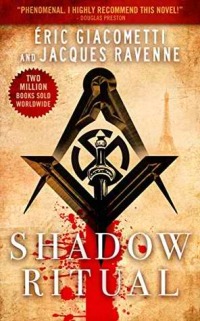
Published in France in 2005; published in translation by Le French Book on March 25, 2015
The connection between the Nazi party and the occult is one that fiction writers continue to exploit, although rarely in a way that might be considered fresh. Freemasons, their predecessors in the Knights Templar, and Nazis are standard ingredients in these stories. So are ritual killings, plenty of which occur in Shadow Ritual.
Francois Le Guermand, having fled France in 1940 with other refugees of the German invasion, by 1945 has become a trusted SS officer. Together with Nazi officers, Le Guermand is selected to membership in an ancient Aryan secret society, Thule-Gesellshaft. To carry on Hitler's work, he is charged with burying some crates and disappearing into a clandestine life. That plan is foiled by the Russian advance, which causes Le Guermand to disappear in a way he had not planned.
In 2005, a concentration camp survivor, now pursuing archeology in Jerusalem, is asked to authenticate a fragment from a stone tablet called the Tebah Stone. Bashir Al Khansa (a/k/a "the Emir") wants to gain possession of the stone on behalf of a mysterious client. A couple of other professional killers join the fun -- a Palestinian and a Croatian -- and of course there is a character whose hobbies are gardening and torture. Ritual killings in Jerusalem and Rome fuel investigations by the police and others, including both Freemasons and, um, non-Freemasons. Our primary good guys are a male and female who are so forgettable I can't recall much about them. The killings and Stone stealing have something to do with a ritual and "a secret lost in antiquity" that will lead to "the power of the gods," all of which is even sillier than most novels about Freemasons and Nazis.
History lessons that readers of similar novels will have encountered before dominate the book's first half. Much of the history is so well known (not just to thriller readers) that it acts as a drag on the story while adding little of value. At times, Eric Giacometti and Jacques Ravenne seem to have been attempting a philosophical novel, but they are no Camus.
Unfortunately, the novel just doesn't work at any level. The clichéd plot is carried by trite characters. The prose sometimes relies on phrases like "It's us against them. Evil is lurking ..." but most of it time it's fine. Sadly, the story isn't. I've read the story before and this novel provided no reason for me to want to read it yet again.
NOT RECOMMENDED
